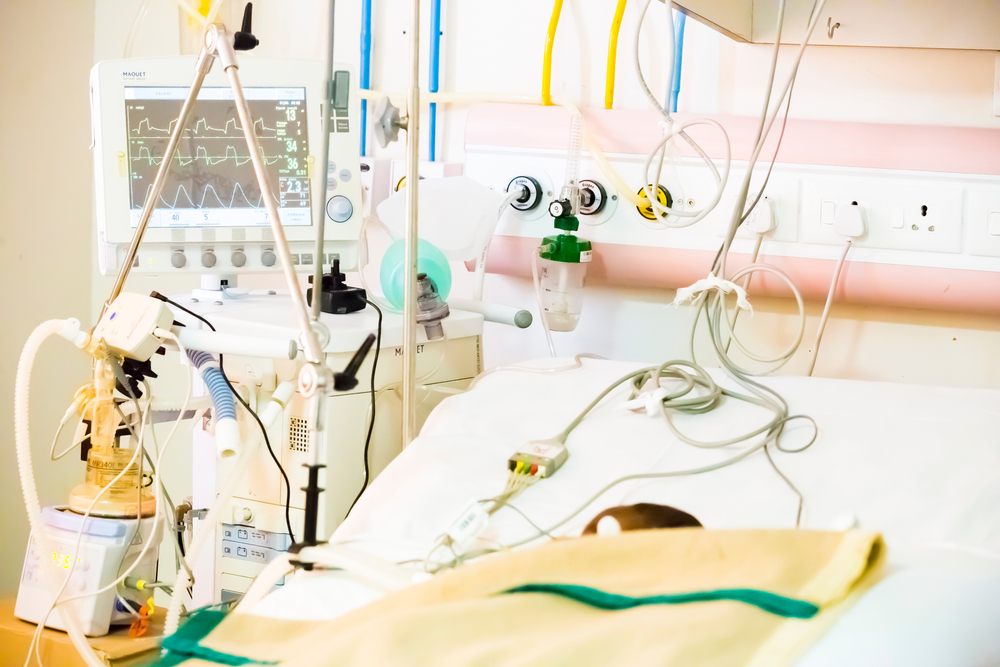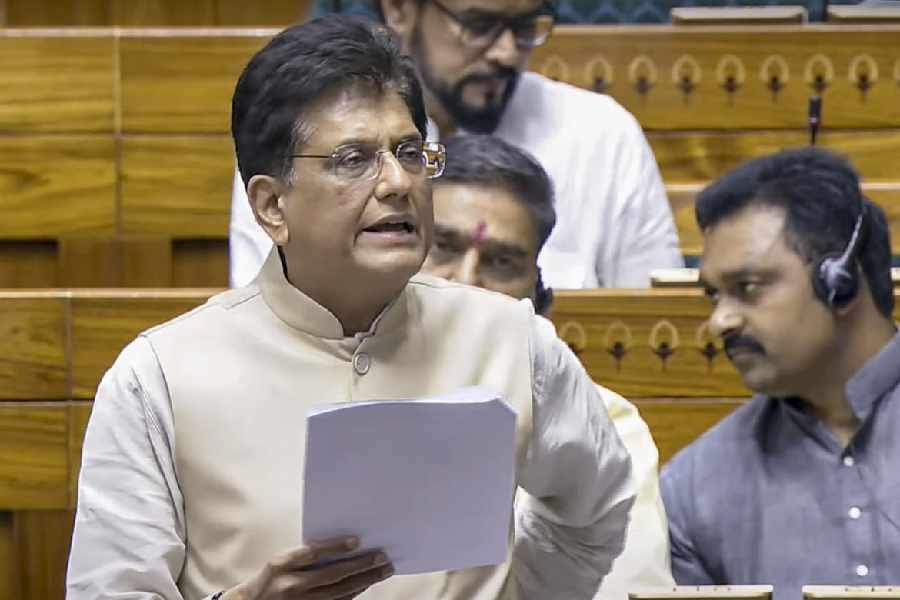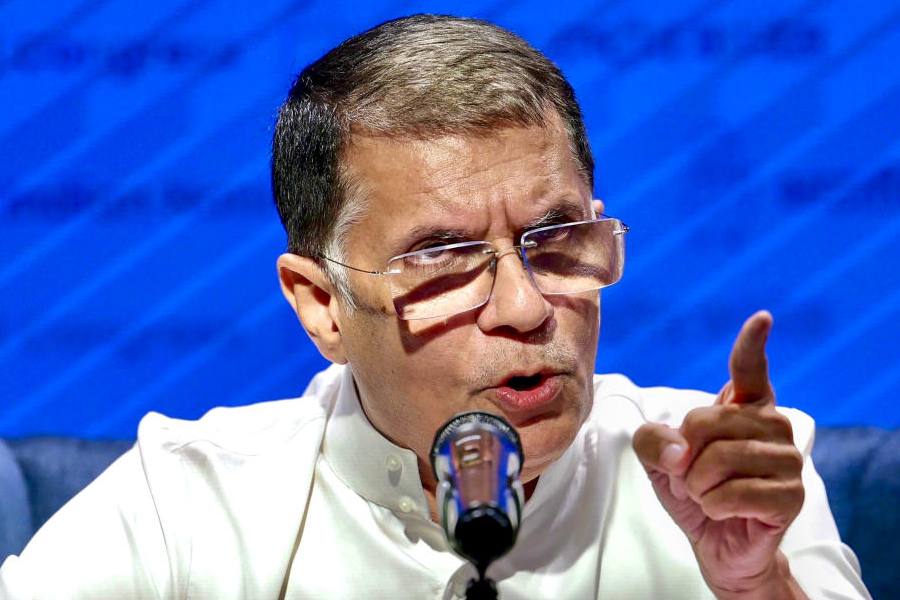The Bengal government is planning to ask all private hospitals in the state to set aside 10 to 20 per cent of their beds for those who are testing positive for Covid-19 or having symptoms of the disease.
The order will apply to those hospitals the government has not requisitioned for treatment of coronavirus infection.
“We will soon ask the private hospitals that have not been requisitioned to set aside 10 to 20 per cent beds for confirmed or suspected Covid-19 patients,” a senior official in the Bengal government said.
Many of these private hospitals don't have facilities for treating Covid-19 patients such as isolation units and trained personnel. So, they are refusing to treat patients who are running a temperature or having other symptoms of Covid-19 such as respiratory distress.
Some other hospitals are allegedly transferring patients to designated government-run Covid-19 hospitals, ignoring requests from family members that they be treated there.
Late on Tuesday, retired judge Ashim Kumar Banerjee, the chairperson of West Bengal Clinical Establishment Regulatory Commission, the regulatory body for private hospitals, posted a voice message on a closed WhatsApp group appealing to all private hospitals to reserve more beds for Covid-19 patients.
“Friends, we would expect at this crucial hour, every clinical establishment should at least keep 10 to 20 per cent beds for Covid patients so that the patients are not harassed because of non-admission and as a result, non-treatment,” the message states.
“The response to the message has been good. Many private hospitals have already contacted me and pledged their support,” Justice Banerjee said on Wednesday.
Some private hospitals have small isolation units, usually with less than 10 beds, for Covid-19 patients. At most hospitals the beds are occupied, prompting the authorities to refer patients to government facilities such as MR Bangur Hospital and the Infectious Diseases and Beleghata General Hospital.
A patient can be admitted to a designated Covid-19 private hospital only if the government recommends.
An official of a private hospital said the 20-plus beds in their Covid-19 isolation unit were all occupied. Two patients have been kept on trolleys.
State government sources said there was a rising demand for beds in private hospitals among people testing positive for Covid-19 or having symptoms of the disease.
Bengal chief secretary Rajiva Sinha had on Tuesday said private hospitals should admit Covid-19 patients. Those who can pay and don’t want to go to government hospitals such as MR Bangur Hospital should go to private healthcare facilities, he had said.
“The infrastructure in these government hospitals is inadequate and there is a shortage of manpower. So, private hospitals have to come forward and take patients,” said a senior official of the state health department.
Some hospitals said they had already started the process of reserving more beds for Covid-19 but others said it could be difficult to do so.
“To add more beds, we would need more space than a normal ward because of the health ministry guidelines on the minimum distance between two beds in a Covid-19 isolation unit,” the chief executive officer of a private hospital said.
Since the hospital has about 400 beds, at least 40 beds will have to be earmarked for Covid-19 patients. “We have to dedicate an entire wing for the 40-odd beds because of the mandatory distance between two beds. We are planning to do that,” he said.
One of the hospitals has trained its doctors, nurses and healthcare workers in wearing personal protective equipment and counselling relatives of Covid-19 patients.
Another hospital, which has four isolation beds and another four critical care unit beds, said it would be difficult to add more.
“We need negative air pressure rooms which would have a separate air circulation system not connected to the hospital’s main system,” said an official of the hospital. “We have to break walls to create such facilities, which is not possible,” said the official.
An advisory of the Union health ministry suggests that negative pressure is desirable for patients in need of aerosole generation procedures such as intubation and suction nebulisation.
Isolation ward guidelines
⚫ Post signage on the door to indicate isolation area
⚫ Remove all non-essential furniture. The remaining furniture must be easy to clean. The items must not conceal or retain dirt or moisture
⚫ Covid-19 patients should be kept in separate rooms. If they are to share a room, the beds must be at least 1 metre, or 3 feet, from one another
⚫ A 10-bed facility requires at least 2,000sq ft. The space must be segregated from other patient-care areas
⚫ The isolation ward should have a separate entry/exit and should not be co-located with post- surgical wards/dialysis unit/SNCU/labour room etc
⚫ Access to an isolation ward should be through dedicated lift/guarded stairs
⚫ The ward should have adequate room ventilation
⚫ A negative pressure in isolation rooms is desirable for patients requiring aerosol generating procedures such as intubation and suction nebulisation. These rooms may have standalone air-conditioning. The areas should not be covered by central air-conditioning
⚫ If air-conditioning is unavailable, negative pressure could be created with 3 to 4 exhaust fans, which drive air out of the room
Source: Union ministry of health and family welfare










